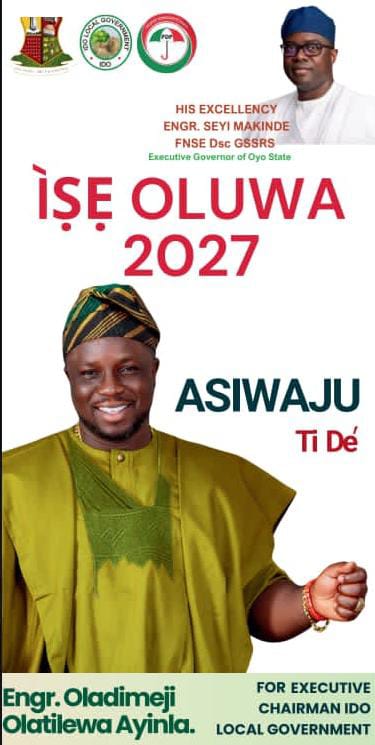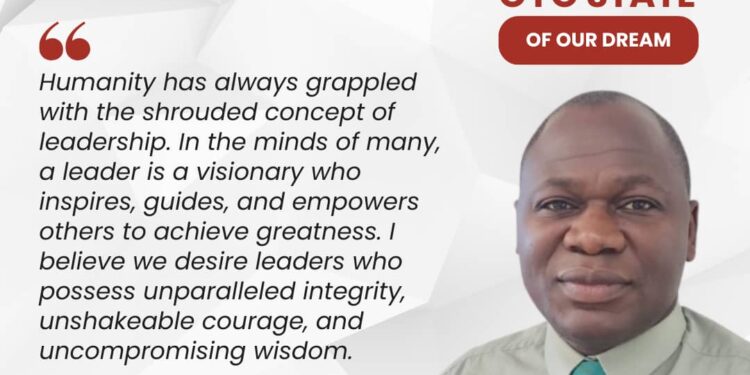Niccolò Machiavelli’s iconic treatise, “The Prince,” has long been synonymous with the phrase “the ends justify the means.” However, what happens when a leader adopts a reverse approach, prioritizing moral absolutes over pragmatic expedience?

Machiavelli’s original thesis posits that rulers must sometimes employ unethical means to achieve desirable outcomes. This pragmatic view emphasizes results over methods, often necessitating difficult choices.
In contrast, Reverse Machiavelli prioritizes ethical considerations, asserting that means are equally important as ends. Leaders embracing this philosophy reject morally compromising actions, even if they yield desirable outcomes.

Most leaders who rise to power in their desperation to acquire political power jettison morality and ethics. They just want power at all costs, human and material. To them the end justifies the means.


Reverse Machiavelli however engenders moral Integrity: Leaders maintain a clear conscience, upholding principles regardless of consequences.
Citizens appreciate their transparency and consistency, fostering trust and integrity.

Ethical decisions promote sustainable progress and long-term stability

However Reverse Machiavelli must not encourage Inefficacy: Rigid adherence to principles may hinder effective decision-makin
Other contemporaries and opponents, especially in the political class, may view Reverse Machiavelli as naive or weak.
For example Jimmy Carter’s Human Rights Focus was criticized for prioritizing ethics over strategic interests.
The import of Reverse Machiavelli however overweighs the criticisms.
Nelson Mandela’s Reconciliation efforts prioritized forgiveness and equality over retribution. He employed Reverse Machiavelli.
Angela Merkel’s Refugee Policy upholding humanitarian values despite political backlash is another example of Reverse Machiavelli.
Reverse Machiavelli presents an intriguing alternative to traditional pragmatic leadership. While it promotes moral integrity and trust, its feasibility is contested. Leaders must weigh the importance of means and ends, navigating complex dilemmas.
Ultimately, a balanced approach, integrating ethical considerations with pragmatic awareness, may yield the most effective and sustainable governance.
Dr ADEWALE KOLAPO KAREEM, unlike most persons seeking public office has demonstrated his preference for ethical and humane ways of going about the business of politics.
His antecedents have shown a man, not desperate for power but with a will to use his abilities and capabilities for the betterment of life of others.
AKK is an advocate of Reverse Machiavelli, believing in ethos and prioritizing ethical considerations without compromising integrity and adherence to the rule of law.
In the race to political office, unethical and Machiavellian practices must be avoided. Desperation is the only reason for this and projects the proponents as wicked and wild.
AKKS’s adoption of Reverse Machiavelli shows a man with the milk of humanity and a preparedness for the task ahead.
Oyo, the pacesetter state can rest assured of sustainable development and human capital development with AKK at the saddle.


You can get every of our news as soon as they drop on WhatsApp ...To get all news updates, Join our WhatsApp Group (Click Here)

















